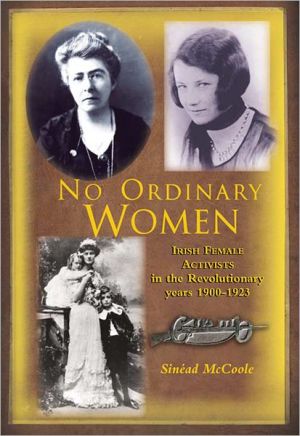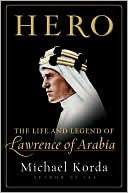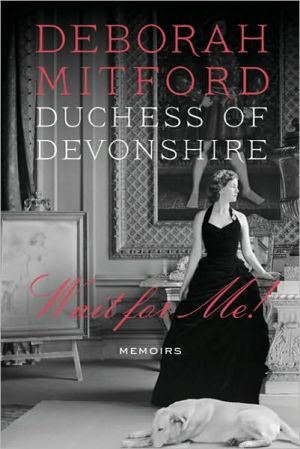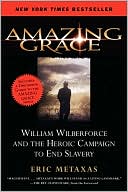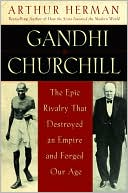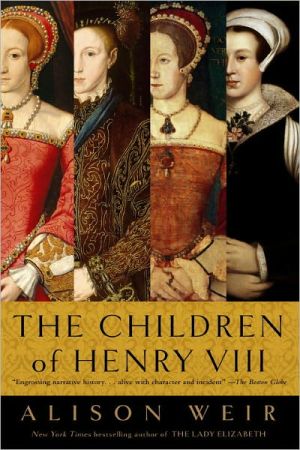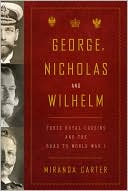No Ordinary Women: Irish Female Activists in the Revolutionary Years 1900-1923
Women in the fight for Ireland’s independence risked loss of life and family for their cause. Here are the biographies of sixty-five women activists, along with lists of those imprisoned after the 1916 Rising and the more than seven hundred women arrested during the Irish Civil War. They came from every class in society—titled ladies, shop assistants, doctors, housewives, laundry workers, artists, and teachers. Some were married with children, others widowed, and some...
Search in google:
Women in the fight for Ireland’s independence risked loss of life and family for their cause. Here are the biographies of sixty-five women activists, along with lists of those imprisoned after the 1916 Rising and the more than seven hundred women arrested during the Irish Civil War. They came from every class in society—titled ladies, shop assistants, doctors, housewives, laundry workers, artists, and teachers. Some were married with children, others widowed, and some were mere schoolgirls. Using historical records, interviews with survivors and their families, and the women’s own prison diaries, memorabilia, and writings, Sinéad McCoole vividly recreates the characters, personalities, and courage of these extraordinary women, many of whom served time in Ireland’s most notorious prison, Kilmainham Gaol.Copublished with the O’Brien Press, DublinThe Wisconsin edition is for sale only in the United States, it's territories and dependencies, Canada, and the Philippines. Publishers Weekly Behind every successful revolutionary movement there are women, lots of them, as McCoole (Hazel: A Life of Lady Lavery) makes abundantly clear in this excellent look at the women who fought for Ireland's independence. She begins with the formation of Inghinidhe na heireann (Daughters of Ireland) by Maud Gonne in 1900, which evolved into the Cumann na mBan, the women's auxiliary of the IRA. More than 200 women fought in the Easter Rising of 1916; some were arrested and released, but others were exiled to prisons in England. The Countess Markievicz (nee Gore Booth) received a death sentence, which was commuted to imprisonment because of her sex. Later elected to the Irish parliament, she became the first female cabinet minister in Western Europe. Because so many families of the rebels were left destitute, Kathleen Clarke-whose husband and brother were executed by the British-ran the Volunteers Dependants Fund and gave a young rebel named Michael Collins his first important job in post-1916 Dublin. Later, Clarke became the first female lord mayor of Dublin. During the War of Independence, women carried dispatches, scouted and did intelligence work and provided safe houses for men "on the run." During the Irish Civil War of 1922-1923, many members of the Cumann na mBan went against the treaty that partitioned Ireland and were imprisoned by the new Irish Free State government. McCoole also provides 72 extraordinary biographical sketches of these patriotic women, both famous and unknown, in this absorbing and exciting look at a little-investigated part of Irish history. 192 illus. (Mar.) Copyright 2004 Reed Business Information.
Introduction11Foreword: Finding Women14Ch. 1Women Activists (1900-1916)20Ch. 2The Women of the Rising34Ch. 3Women and the Road to Independence (1917-1921)59Ch. 4The Civil War (1922-1923)88Biographies139App. 1Prisoner List - 1916216App. 2Prisoner List - Civil War218Notes240Bibliography258Picture Credits279Index281
\ Publishers WeeklyBehind every successful revolutionary movement there are women, lots of them, as McCoole (Hazel: A Life of Lady Lavery) makes abundantly clear in this excellent look at the women who fought for Ireland's independence. She begins with the formation of Inghinidhe na heireann (Daughters of Ireland) by Maud Gonne in 1900, which evolved into the Cumann na mBan, the women's auxiliary of the IRA. More than 200 women fought in the Easter Rising of 1916; some were arrested and released, but others were exiled to prisons in England. The Countess Markievicz (nee Gore Booth) received a death sentence, which was commuted to imprisonment because of her sex. Later elected to the Irish parliament, she became the first female cabinet minister in Western Europe. Because so many families of the rebels were left destitute, Kathleen Clarke-whose husband and brother were executed by the British-ran the Volunteers Dependants Fund and gave a young rebel named Michael Collins his first important job in post-1916 Dublin. Later, Clarke became the first female lord mayor of Dublin. During the War of Independence, women carried dispatches, scouted and did intelligence work and provided safe houses for men "on the run." During the Irish Civil War of 1922-1923, many members of the Cumann na mBan went against the treaty that partitioned Ireland and were imprisoned by the new Irish Free State government. McCoole also provides 72 extraordinary biographical sketches of these patriotic women, both famous and unknown, in this absorbing and exciting look at a little-investigated part of Irish history. 192 illus. (Mar.) Copyright 2004 Reed Business Information.\ \
